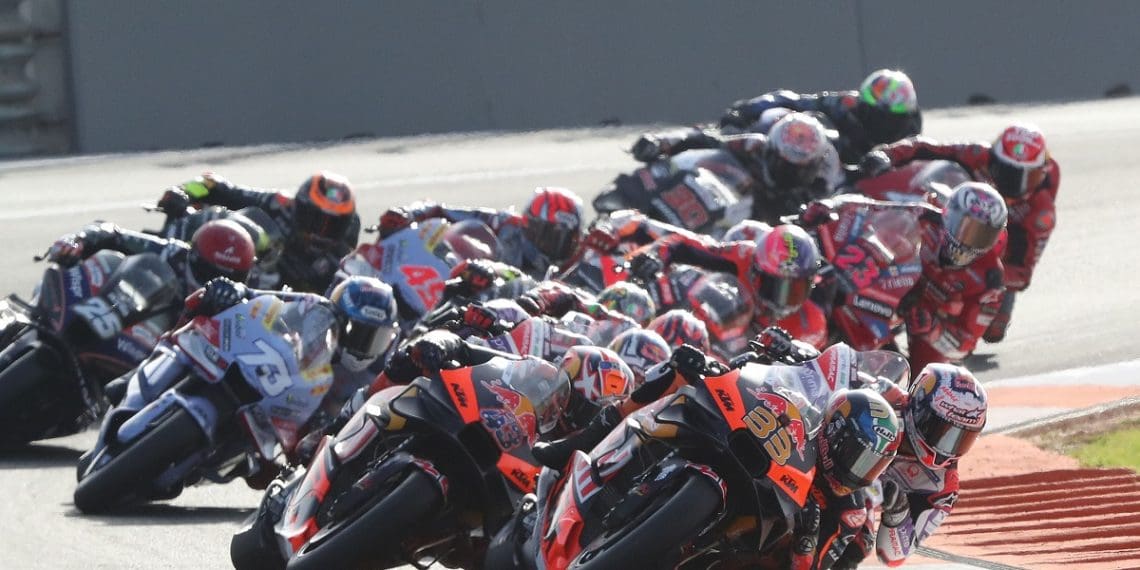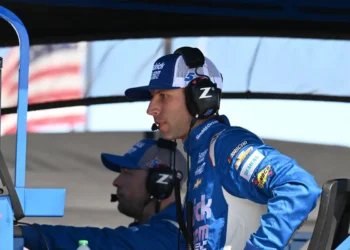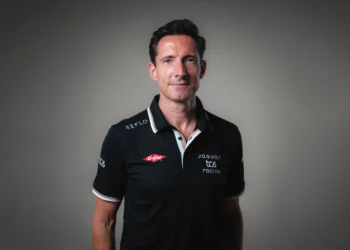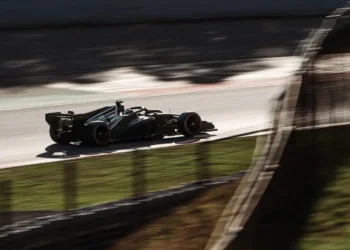The European Union is gearing up for a thorough investigation into Liberty Media’s blockbuster €3.5 billion ($3.67 billion) acquisition of the MotoGP World Championship. This potential merger, which would bring two major motorsport giants—Formula 1 and MotoGP—under a single corporate umbrella, has sparked antitrust concerns within the EU.
Why the Deal Faces Scrutiny
Under the leadership of new EU antitrust chief Teresa Ribera, regulators are concerned that Liberty Media’s move could stifle competition in broadcasting and streaming markets. With Formula 1 already under its belt, Liberty’s acquisition of MotoGP could consolidate too much control over motorsport’s commercial and media rights, leaving little room for competition in media distribution.
According to Bloomberg News, EU officials are drafting a Phase 2 investigation, with a decision expected by the December 19 deadline. While still preliminary, the draft indicates the European Commission is taking a hard look at the deal’s implications for competition in motorsport broadcasting.
The Financial Scope of the Deal
Announced in April, Liberty Media agreed to acquire an 86% stake in MotoGP’s parent company, Dorna Sports. The management team at Dorna is set to retain 14% equity in the company. The enterprise value of the deal is pegged at €4.2 billion, highlighting the scale and significance of the merger.
Liberty Media’s strategy to consolidate its motorsport dominance follows its 2016 acquisition of Formula 1 for $4.4 billion from a consortium led by CVC Capital Partners. Since then, Liberty Media has aggressively expanded its footprint in sports and entertainment, including its stake in Live Nation Entertainment, one of the largest concert promoters in the U.S.
Potential Impact on the Industry
Critics argue that combining the two motorsport giants under one ownership could limit choices for fans, broadcasters, and streaming platforms. The EU’s investigation will likely focus on how the deal could shape pricing, access, and competition in a sector already grappling with rising costs and limited alternatives.
Liberty Media’s decision to spin off most of its non-motorsport assets earlier this year is seen as a move to sharpen its focus on Formula 1 and MotoGP. While this realignment has allowed Liberty to concentrate resources on its motorsport investments, it has also raised red flags among regulators worried about market monopolization.
What’s Next?
Liberty Media has not commented on the impending investigation, but the outcome could reshape its plans. If the EU proceeds with a Phase 2 probe, the deal could face significant delays or even require modifications to address regulatory concerns.
For now, all eyes are on the European Commission as it navigates the complex intersection of sports, media rights, and competition law. With Liberty Media aiming to become the undisputed powerhouse in motorsport, the stakes for this deal couldn’t be higher.










